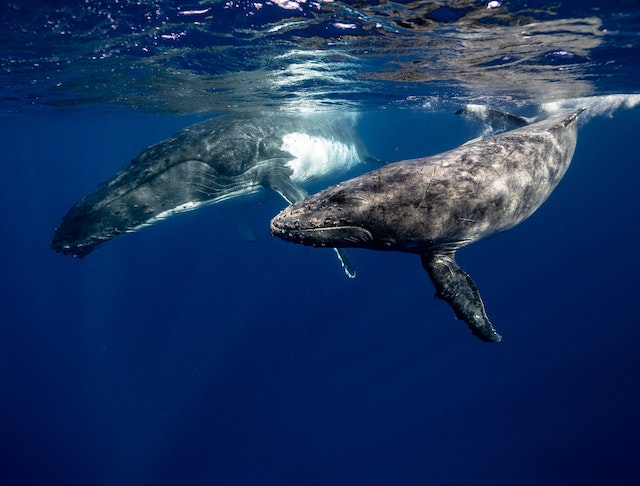The recent presence of killer whales, or orcas, in New England waters has sparked interest and curiosity among researchers, marine enthusiasts, and the public. Killer whales are typically associated with colder waters, such as the Arctic and Antarctic regions, so sightings in New England are considered rare. Let’s explore the significance and potential reasons behind these unique encounters:
1. Uncommon Sightings: Killer whales are not commonly observed in New England waters, making these recent sightings particularly remarkable. Their presence in this region is typically sporadic and unpredictable, adding to the intrigue surrounding these encounters. Rare sightings like these offer valuable opportunities for research and conservation efforts.
2. Changing Environmental Conditions: The presence of killer whales in New England could be indicative of changing environmental conditions. Climate change and variations in ocean temperatures and currents might be influencing the distribution of prey species, causing shifts in the migration patterns and behavior of marine animals, including killer whales. Understanding these changes can provide insights into the overall health and dynamics of the marine ecosystem.
3. Food Availability: Killer whales are apex predators and have diverse diets, including fish, squid, and marine mammals. The sightings could be linked to the availability of prey species in New England waters. It’s possible that fluctuations in prey populations or changes in migratory patterns are attracting killer whales to the region as they follow their food sources. Studying the presence and abundance of prey species can help unravel the factors driving these sightings.
4. Species Interactions: Killer whales have been known to interact with other marine species, including dolphins, seals, and whales. Their presence in New England waters may be connected to the movement or presence of these prey species or other factors that influence their behavior. Documenting these interactions can contribute to our understanding of predator-prey relationships and the overall ecological dynamics in the region.
5. Implications for Conservation: Rare sightings of killer whales in New England highlight the importance of conservation efforts and the need to protect marine ecosystems. The presence of these charismatic and iconic species can inspire public interest in marine conservation, raising awareness about the significance of preserving and safeguarding our oceans. Conservation initiatives can focus on habitat protection, reducing pollution, and promoting sustainable fishing practices.
6. Research Opportunities: The presence of killer whales in New England provides a unique opportunity for researchers to study these animals in a region where they are not commonly encountered. Scientists can gather data on their behavior, migration patterns, population dynamics, and potential threats they may face. This information can contribute to our knowledge of killer whale ecology and inform conservation strategies.
7. Public Engagement and Education: The rare presence of killer whales in New England waters can serve as a platform for public engagement and education. It offers a chance to educate communities about these incredible marine creatures, their ecological importance, and the need for conservation. Public outreach, citizen science initiatives, and responsible whale-watching practices can help foster appreciation and stewardship for marine environments.
As sightings of killer whales in New England continue to occur, ongoing research, monitoring, and conservation efforts are crucial. By understanding the factors that attract these magnificent animals to the region, we can better protect their habitats, preserve biodiversity, and promote sustainable coexistence between humans and marine wildlife.











